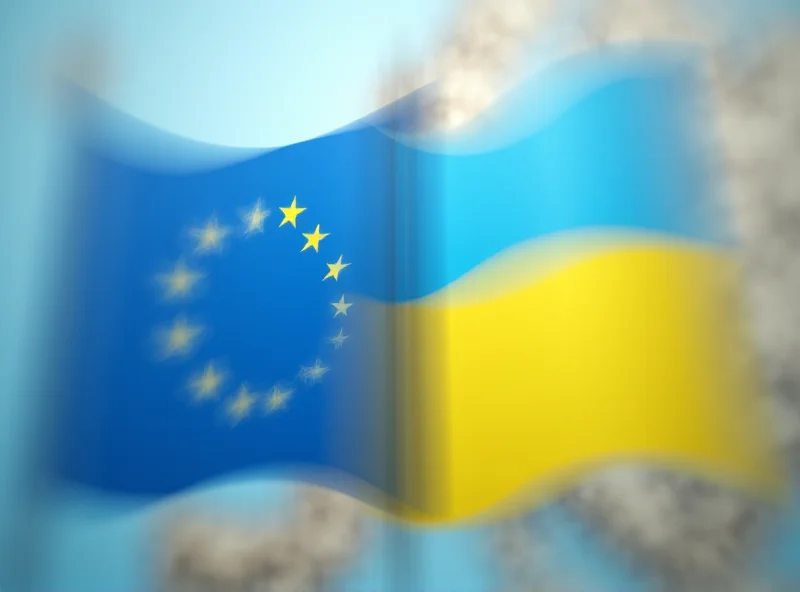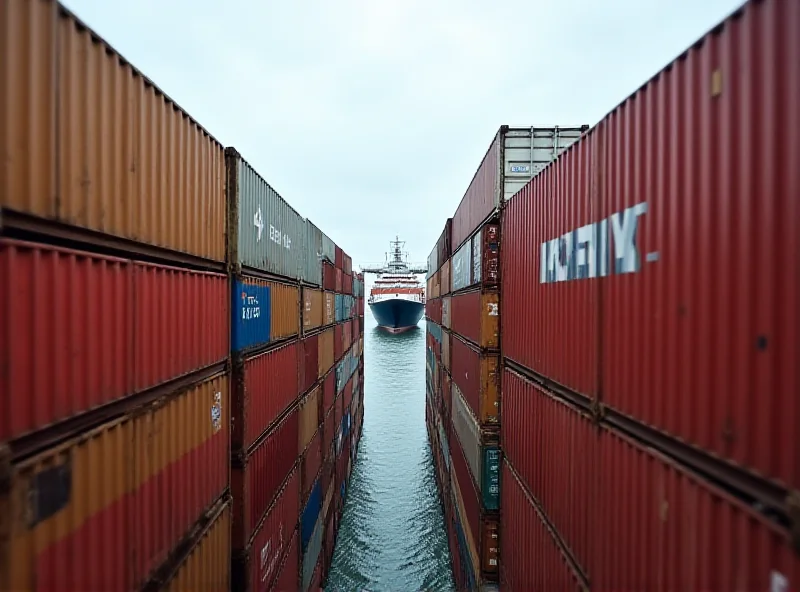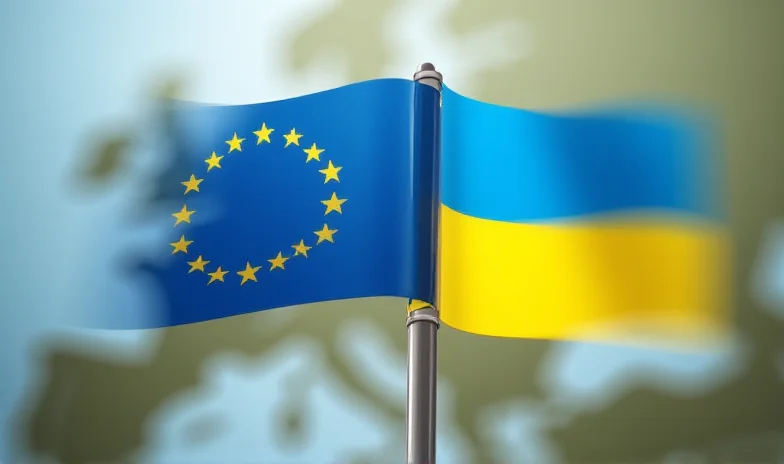The political landscape is shifting rapidly, with several key stories dominating headlines. From the ongoing conflict in Ukraine to growing concerns about vaccine hesitancy and the potential for trade wars, here's a look at some of the most pressing issues.
Can Europe Fill the Ukraine Aid Gap?
With the future of US military support for Ukraine uncertain, a crucial question arises: can Europe step up and fill the potential void? The United States has been a significant provider of aid to Ukraine since the conflict began, and a withdrawal of that support would undoubtedly leave a substantial gap.
Analysts are now examining the capacity of European nations to increase their contributions. Could they provide the necessary financial assistance, military equipment, and humanitarian aid to sustain Ukraine's defense efforts? The answer remains unclear, but the stakes are undeniably high. The ability of Europe to effectively compensate for a potential US withdrawal could be decisive in the ongoing conflict.

RFK Jr.'s Views and Vaccine Hesitancy
The appointment of Robert Kennedy Jr. to head the US health ministry has ignited a fierce debate about vaccine safety and public health policy. Kennedy's well-documented skepticism towards vaccines has raised concerns among medical professionals and public health experts.
Is this appointment a sign that anti-vaccine sentiment is gaining mainstream acceptance? The timing is particularly sensitive, as vaccine hesitancy has been on the rise in recent years. "It's crucial to ensure that public health decisions are based on sound scientific evidence, not personal beliefs," says Dr. Emily Carter, a leading epidemiologist. The situation warrants close attention as it could have far-reaching implications for public health initiatives.
Trump's Reciprocal Tariffs
Former US President Donald Trump has announced a plan to implement reciprocal tariffs against countries that impose taxes on the United States. According to Trump, "Whatever they tax us, we will tax them" starting from April 2. This policy shift could have significant implications for global trade relations.

This announcement signals a potential escalation of trade tensions and raises questions about the future of international trade agreements. The implementation of reciprocal tariffs could lead to retaliatory measures from other countries, potentially triggering trade wars and disrupting global supply chains. The economic consequences remain to be seen, but the potential impact is substantial.

These three stories – the future of aid to Ukraine, the controversy surrounding vaccine views, and the potential for increased trade tensions – highlight the complex and ever-changing nature of the current political landscape. As these issues continue to unfold, it will be crucial to stay informed and engaged in the discussions that shape our world.
